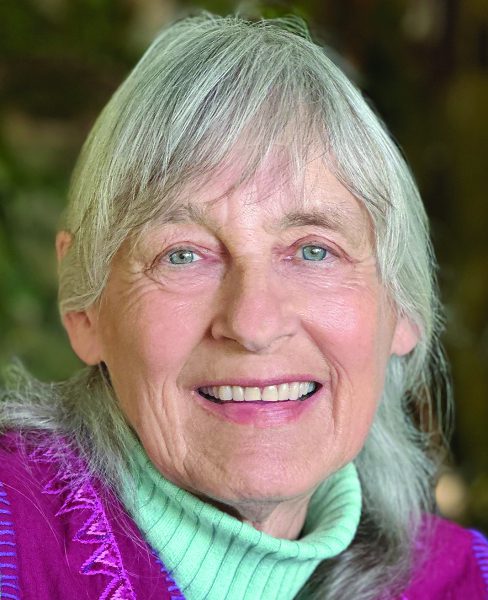 Don’t make us go through this!
Don’t make us go through this!
Please don’t open a process to redo the zoning code. Such a debilitating mistake was made with the historic preservation ordinance.
Beginning in 2014, meetings went on for 5 more years. Those who objected to aspects of the existing ordinance because they owned properties that were historic resources mobilized and fought every provision for preservation and appropriate implementation of the California Environmental Quality Act (CEQA). Their attorney Larry Nokes argued in meeting after meeting that preserving historic resources should be voluntary. The city attorney rightly said that if a property is a historic resource that is a fact that must be considered in the CEQA. In 2018 in the midst of a council campaign, the council ordered the city attorney to find a way to write a voluntary ordinance. So they did and the complainers were satisfied because they thought that now they didn’t have to deal with historic preservation and they could demolish or alter their historic properties as though there were no historic issues involved. But that has turned out not to be the case. The process is just more confusing and difficult.
This agonizing rethinking of historic preservation has gone on now for 10 years. The ordinance is in litigation and the city has recognized it still needs to evaluate properties for their historic significance. The vague provisions of the ordinance don’t give guidance for a clear process. The former ordinance had a lot of flaws, but it was better than the ordinance we have now that says it is voluntary. It is voluntary to place a property on the city’s historic register, but it always was. We must still consider changes to a historic property that should be dealt with by a CEQA process. Which is what the city attorney was saying before the council dictated the ultimately untenable ordinance that is now in place.
Our zoning code is complicated, but that is because our city is complicated. We are trying to keep our village character and provide safeguards against turning our city into Corona del Mar south. The zoning code has been developed over decades, being revised many times to address topics that needed explanation. It has served us well and in the days before council efforts to overthrow Design Review board members, before a difficult city manager and more difficult councilmember caused mass exodus of competent planning staff members, it was working reasonably well.
Now fortunately we have a more helpful council, a new city manager, city attorney and head of Community Development, but they haven’t experienced the history. They are trying to pick up the pieces, but are faced with new staff who are not familiar with the intricacies of our code. So the city attorney recommends a revised zoning code. No, this is not the answer. It will take years. There will be hearing after hearing. Every arcane aspect must be reviewed for its implications. The public will be underrepresented. Applicants and their representatives will be more persistent because there are dollars to be made. Everyone who ever had a problem with one of the provisions will organize opposition to them. Inevitably important protective provisions will vanish and we will open the door in unpredictable ways to larger buildings that do not fit the character of our neighborhoods. Gradually the beloved character of our town will deteriorate. And most people will be surprised.
I was talking to one former planning staff member. “I don’t think they should revise the code. It’s not that hard. I learned it in one year. If I can learn it anyone can. They just need to deal with the backlog, and systematically train new staff.”
On Tuesday the city manager Dave Kiff, community development director David Contreras, and city attorneys Megan Garibaldi and Jane Abzug conducted a workshop to review issues with the plan approval process. There are serious problems with waiting times, communication, and changing staff opinions. There have been interpretations of the code that architects have been relying on for years that are suddenly, inexplicably changing. None of this will be solved by embarking on a complete code revision process. That will just drain staff resources even more, cause increased legal expenses to the city and exhaust the patience of the public. If there are proposed changes to interpretations and details they should be brought to the Planning Commission for public hearings before being implemented.
Take a breath. Bring new staff up to speed by utilizing the expertise of long-time staff that have agreed to return and assist. The workshop was a good first step. Let’s keep up the communication, but for now keep the legal changes out of it.
Ann Christoph is a former mayor, city councilmember and current member of the Village Laguna and South Laguna Civic Association boards.



